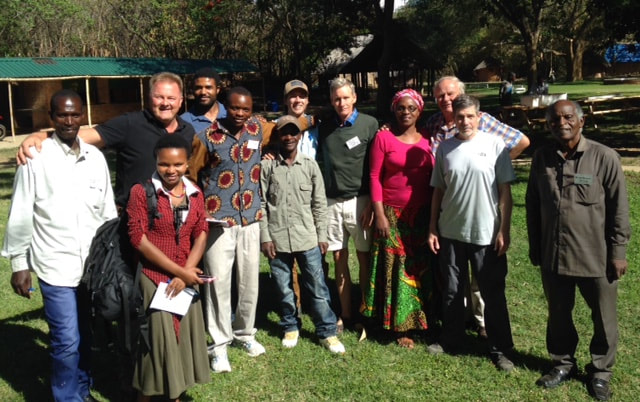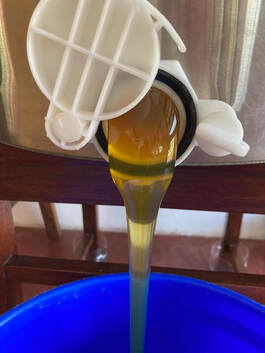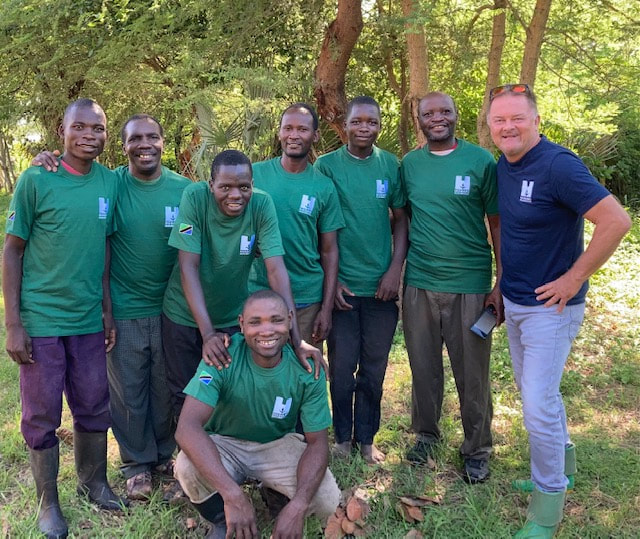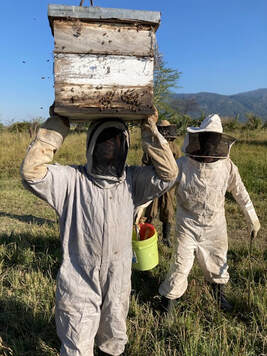New!!
Beekeeper Training May 29-June 1, 2024 - Sumbawanga, Tanzania. Interested? Contact Us.
|
The goal of AfricanBeekeeping.com is to train African beekeepers. Training is done in either English or Swahili. We are proficient in both languages. We have trained beekeepers in Tanzania and Kenya. Training seminars have been held in Mbeya, Iringa, Sumbawanga, Rukwa Valley, Ufipa Plateau, Nairobi, Kijabe, and Maasai-land. We primarily work with the widespread Apis Mellifera Scutellata bees, however these techniques work well with any African bee species.
This website is designed to help those in Africa connected to the internet who are looking for a simple, straightforward guide to keeping and caring for African bees. If we can help you in any way please communicate with us through the "contact us" page on this website. Why Promote African Beekeeping?
First Consideration: Types of hives Second Consideration: Baiting your hives and placement Third Consideration: Maintaining your hives Fourth Consideration: Harvesting your honey Fifth Consideration: Processing your honey Sixth Consideration: Rendering wax from comb Practical Tips towards understanding African beekeeping 
These are beekeepers who have come for our "one-day" training session held at Masumbo camp outside Iringa. This "short course" is ideal for those interested in beekeeping but not desiring to attend our five-day course. The people pictured here have come from Iringa and Rukwa region. If you have questions regarding our courses feel free to reach us through our "Contact Page."
|

Filtering honey is easier than you think! Clean honey settles itself. After pressing the honey pictured here was placed in the stainless steel tank for 24-48 hours. During that time detriment in the honey including wax caps, frass, bee bits and other items floated to the top. When a beekeeper uses a food grade gate valve at the bottom of their collection tank he/she can collect perfectly clean honey just by opening the valve.
|
|
|


